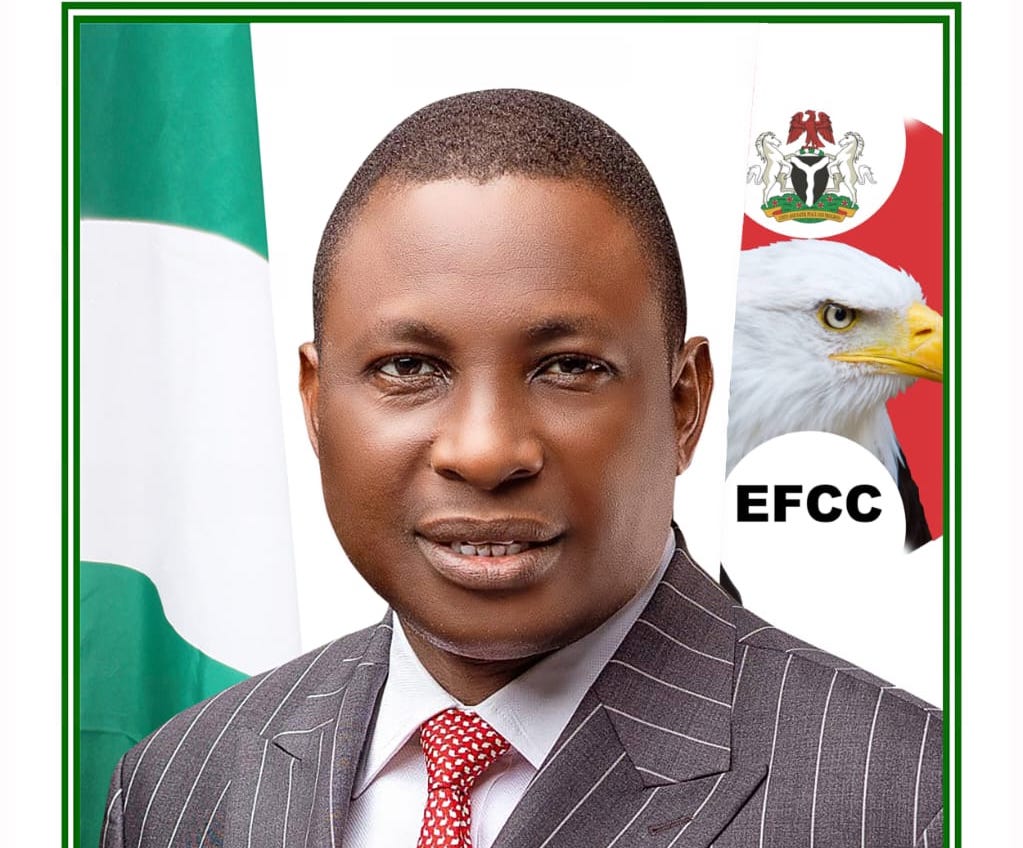
Corruption in Nigeria has been a longstanding issue since the country gained independence. However, the main difference between the early years and today is the level of boldness with which corruption occurs.
On January 15, 1966, just six years after independence, a group of young military officers staged a coup that turned Nigeria upside down.
These officers exposed members of the public service who were siphoning off 10 per cent of government contract funds to enrich themselves, earning them the label of “10 percenters.”
They introduced the concept of corruption to Nigerians, likening it to a corrosive force or “cankerworms.”
Major Chukwuma Kaduna Nzeogwu, the leader of the coup, branded the 10 percenters as enemies of the revolution, accusing them of presenting an impressive facade while hollowing out the country from within.
Ironically, the subsequent struggle to eradicate corruption set a troubling precedent: corruption became the justification for multiple shifts in government, oscillating between military and civilian rule.
The commitment to liberate Nigeria from corruption has found support among various political leaders, both in military uniforms and traditional attire, as everyone agrees it harms our nation.
In times of desperate need for leadership, anyone perceived to have integrity is quickly hailed as a saviour, as if sent by divine intervention.
The first civilian administration following the 1966 coup emerged in 1979, led by Shehu Shagari. However, on December 31, 1983, a coup led by military officers overthrew Shagari’s democratically elected government after just four years in office.
Read Also: EFCC Chairmen: Ribadu and Olukoyede; Fighting Corruption in Different Eras
Major General Muhammadu Buhari then assumed power, once again under the banner of tackling corruption, which was a central reason for the previous government’s downfall.
Fast forward to 1999, during Nigeria’s Third Republic, when Olusegun Obasanjo took office. After four years, the need to combat corruption became increasingly apparent, leading to the establishment of the Economic and Financial Crimes Commission (EFCC). Nuhu Ribadu, the inaugural chairman of the EFCC, quickly got to work with the support of both the Nigerian public and the government, targeting political elites involved in corruption.
Now, 21 years after the EFCC was established, corruption has escalated to new heights. The new head of the EFCC, Mr. Olanipekun Olukoyede, understands that it cannot be business as usual in addressing this issue.
He has been actively seeking assistance from Nigerians across the board to help the commission minimize corruption.
From combating currency abuse to targeting former public officials and internet fraudsters, Olukoyede is leaving no stone unturned in the fight against corruption.
The War Against Naira Abuse
The naira is one of the most frequently abused currencies globally, often seen being carelessly sprayed at social events, particularly by affluent Nigerians. This practice violates the Central Bank of Nigeria (CBN) Act, which prohibits the misuse of the currency.
Section 21(3) of the CBN Act 2007 (as amended) imposes penalties for naira abuse, including spraying or stepping on it. Under Olukoyede’s leadership, the EFCC has taken this seriously.
Notable cases include the six-month prison sentence of cross-dresser Idris Okuneye (Bobrisky) and the prosecution of socialite Pascal Okechukwu (Obi Cubana), illustrating the EFCC’s commitment to enforcing the law.
Also Read: Businessman Files N5 Billion Suit Against EFCC for Illegal Wanted Declaration
Crackdown on Yahoo Boys
Internet fraudsters, or Yahoo Boys, have faced intensified enforcement efforts. On March 8, 2024, the EFCC’s Ibadan Zonal Command arrested 74 suspected fraudsters in Shagamu, Ogun State, recovering luxury cars, laptops, and mobile phones.
On June 8, 127 suspects were apprehended during a raid at a “Yahoo Party” in Akure, Ondo State. The event was rescheduled to evade EFCC detection.
Additionally, on August 22, 23 more suspected fraudsters were arrested in Makurdi, Benue State.
Former Public Officeholders
Since taking office, Olukoyede has made significant progress as head of the EFCC, pursuing high-profile cases in 2023 against three former governors: Yahaya Bello (Kogi), Abdulfatah Ahmed (Kwara), and Darius Ishaku (Taraba).
Abdulfatah Ahmed is on trial with his former finance commissioner for 12 counts of money laundering and mismanagement involving N10 billion.
Yahaya Bello faces allegations related to N80.25 billion and N110.4 billion, while Darius Ishaku is accused of embezzling N27 billion alongside a former permanent secretary.
Former ministers are also under investigation. Olu Agunloye is facing charges linked to a $6 billion contract, and Saleh Mamman is prosecuted for allegedly laundering N33.8 billion tied to the Mambilla hydroelectric project.
Additionally, Sadiya Umar-Farouk is accused of misappropriating N37.17 billion, and Betta Edu is under investigation for diverting N585.2 billion meant for poverty alleviation.
Overall, Olukoyede’s first year in office has shown promise, and many hope he will maintain this momentum.







